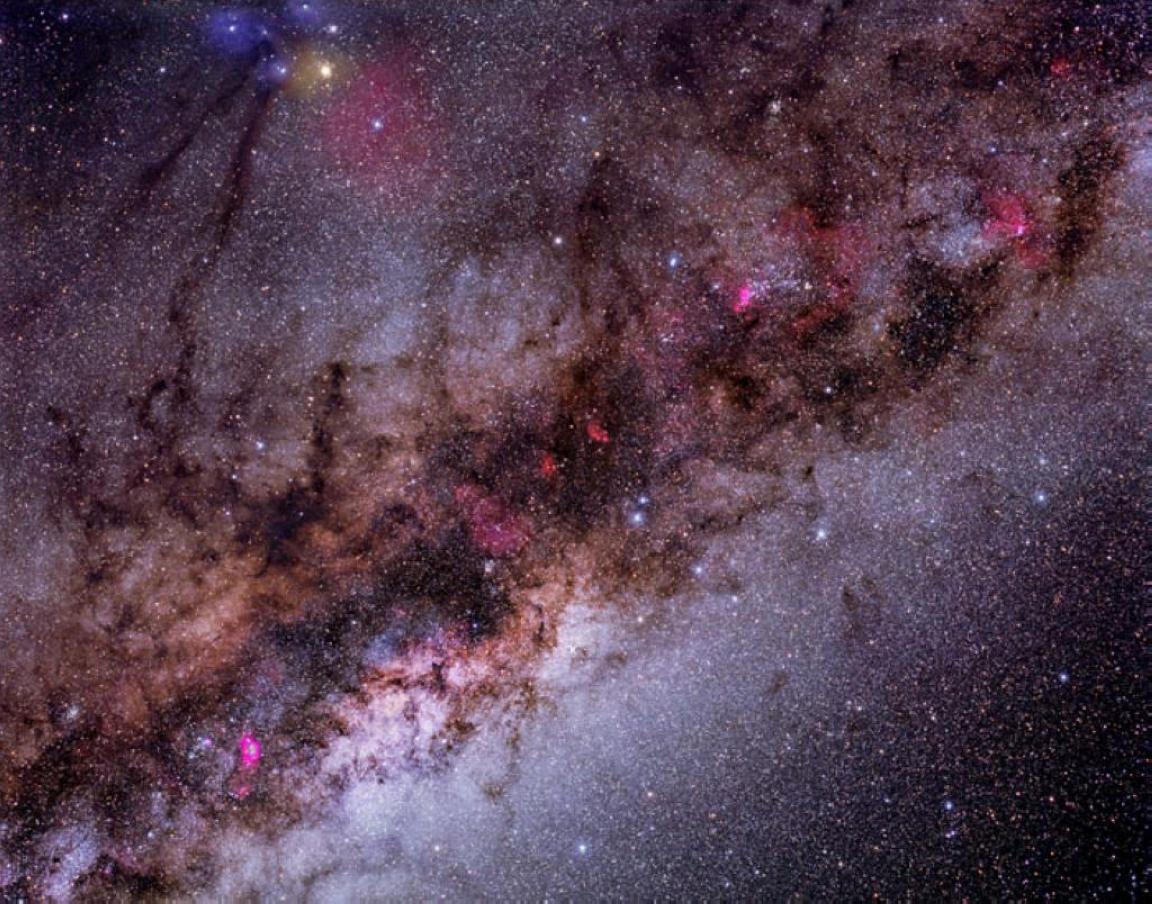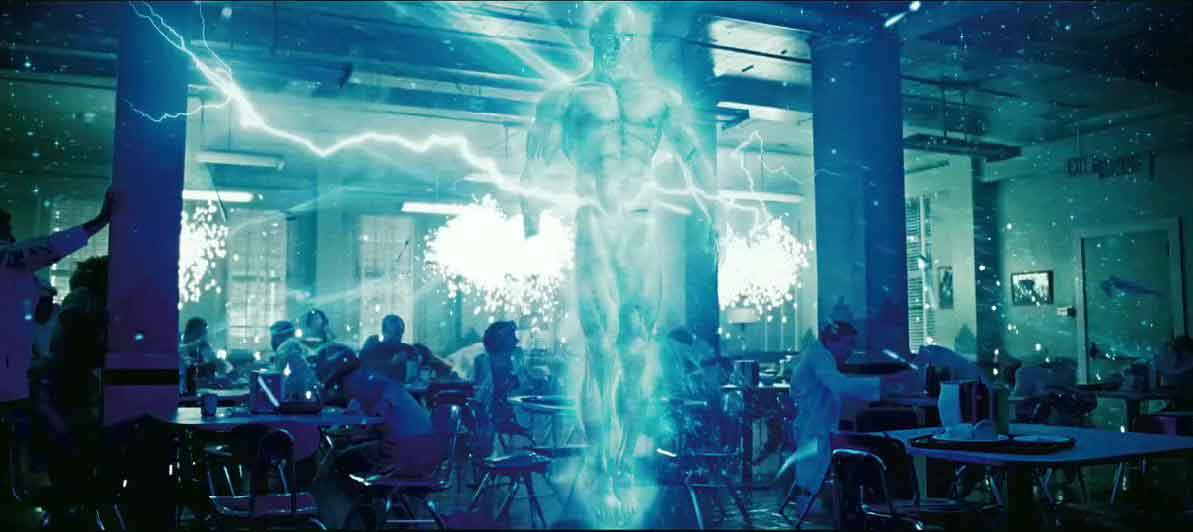“It could be the weirdest and most embarrassing prediction in the history of cosmology, if not science. If true, it would mean that you yourself reading this article are more likely to be some momentary fluctuation in a field of matter and energy out in space than a person with a real past born through billions of years of evolution in an orderly star-spangled cosmos. Your memories and the world you think you see around you are illusions.“
In today’s NYT, Dennis Overbye attempts to explain the Boltzmann Brain problem, a theoretical puzzle causing consternation among cosmologists. “‘It is part of a much bigger set of questions about how to think about probabilities in an infinite universe in which everything that can occur, does occur, infinitely many times,’ said Leonard Susskind of Stanford, a co-author of a paper in 2002 that helped set off the debate. Or as Andrei Linde, another Stanford theorist given to colorful language, loosely characterized the possibility of a replica of your own brain forming out in space sometime, ‘How do you compute the probability to be reincarnated to the probability of being born?’”
Um, yeah. The graphic sorta helps explain what may be going on: Minute fluctuations in the universe’s general move towards entropy create random pockets of order, some of which could hypothetically organize as floating brains, or pocket universes or whales and flowerpots too, I suppose. Or something like that…Now my brain hurts.



